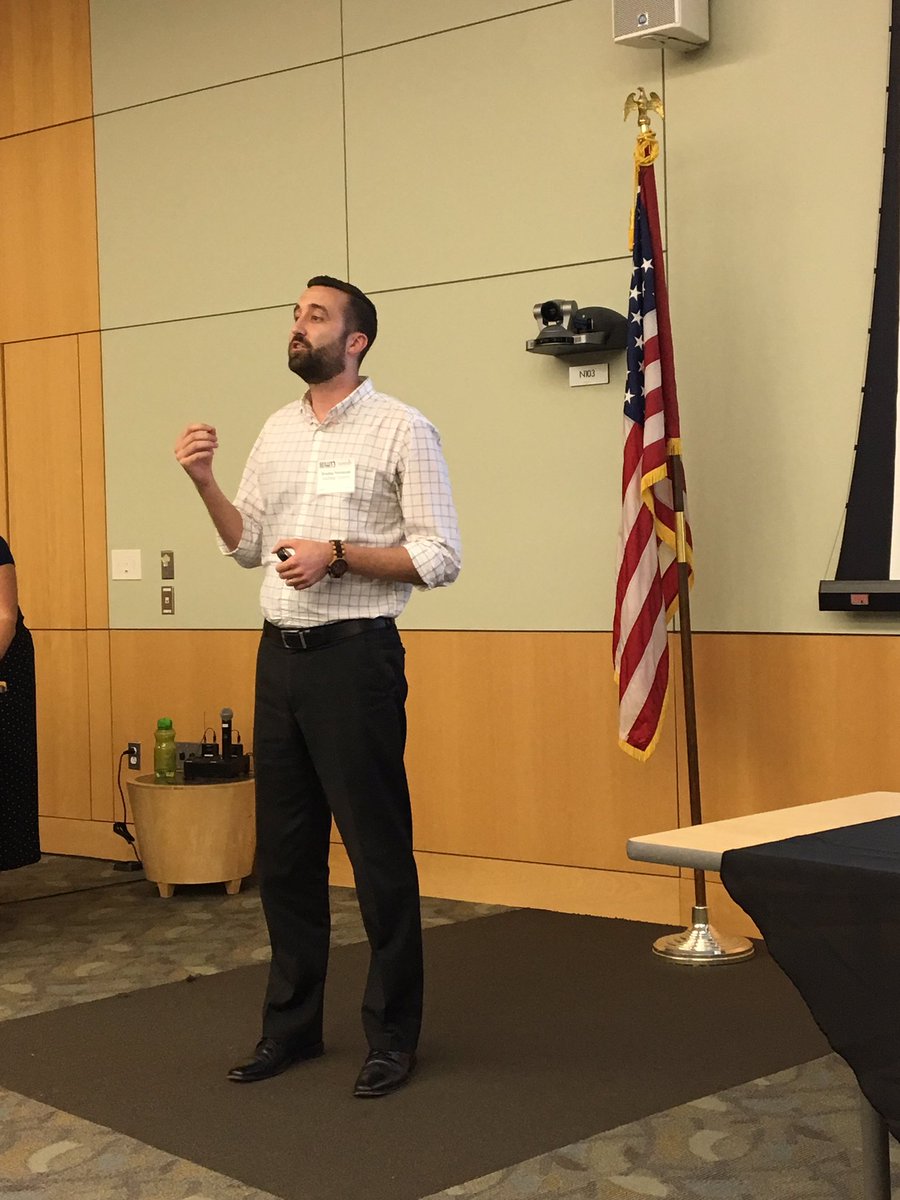Baltimore-based NextStep Robotics received $1 million in funding through a cooperative agreement with the National Institutes of Health (NIH) that the company said will help bring its stroke recovery device to market.
The fast track cooperative agreement with the NIH’s National Institute of Neurological Disorders and Stroke will assist the company over the next year as it finalizes the design of the device, which is designed to treat foot drop. This challenge inhibits people from lifting toes while walking, and is common in stroke survivors.
Upon completion of the design and other milestones, NextStep can move onto Phase II of the agreement, which is worth an additional $4.4 million over four years. During this phase, the company is planning a clinical trial with over 120 stroke survivors with foot drop. This will take place at the Rehabilitation and Orthopaedic Institute in Forest Park.
The funding follows a $600,000 investment earlier this year for the company, which was led by the Baltimore-based Abell Foundation. NextStep Robotics also received investment last year from the Maryland Momentum Fund, which was created to provide capital for technologies being developed by students, faculty and alums of University System of Maryland schools.
“The University System of Maryland recognized the great potential of the personalized robotic therapy developed by NextStep Robotics, Inc. Accordingly, NextStep was an early recipient of funding from the USM Maryland Momentum Fund. The USM is delighted that the company has received this substantial and prestigious funding from NIH,” University System of Maryland Chancellor Robert L. Caret said in a statement.
The company is part of a group of early-stage companies working to develop technology in the city that was originally developed at local medical institutions.
Founded in 2017, NextStep Robotics’ device was based on a decade of research University of Maryland School of Medicine and the Baltimore Veterans Affairs Motor Performance Laboratory. With technology licensed from the University of Maryland Baltimore, it’s now based out of downtown’s Maryland Development Center. CEO Brad Hennessie, a former UMB staff member, has voiced a passion for entrepreneurship and commercializing technology developed inside Baltimore’s institutions.
The device itself is designed for use in physical therapy clinics, with a single device capable of serving 100 patients in a year. NextStep Robotics’ device is equipped with software that’s designed for an “assist as needed approach,” and Hennessie has said it can be used by any trained clinic staff. This can free up therapists for more hands-on treatment of patients.







